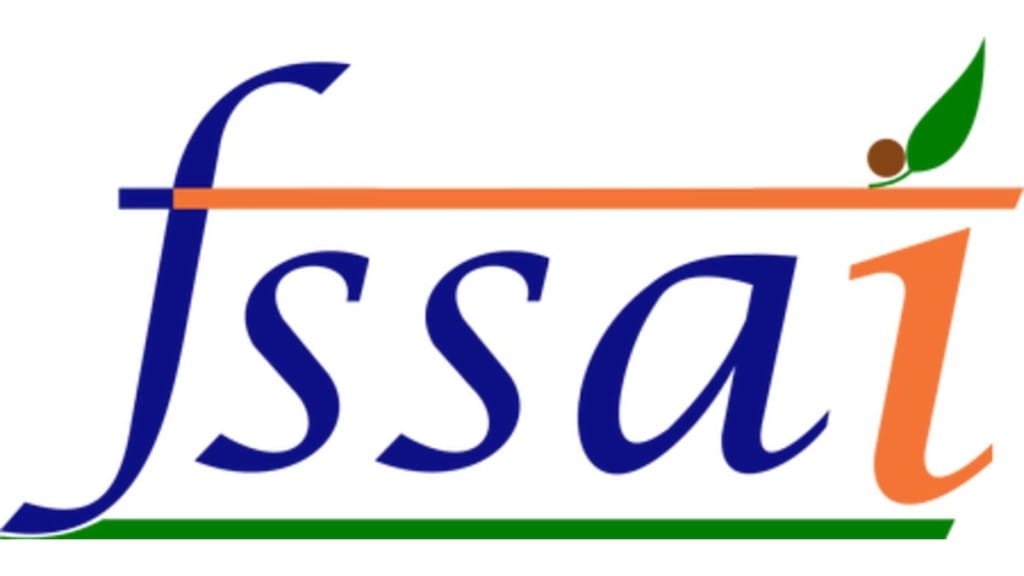The Food Safety and Standards Authority of India (FSSAI) directed e-commerce platforms on Tuesday to ensure stringent food safety and hygiene protocols in their facilities.
In a meeting, FSSAI CEO G Kamala Vardhana Rao told representatives of over 70 e-commerce platforms that they must disclose comprehensive details of all warehouses and storage facilities on the food safety and compliance system (FoSCoS) portal. The platforms also need to upload photographs of their facilities regularly to the portal.
He also directed that all food handlers involved in the process, including e-commerce personnel, must undergo the food safety training & certification (FoSTaC) in hygiene protocols. The platforms have been asked to share their training plans and timelines with the FSSAI. FSSAI said that non-compliance with food safety protocols will be viewed with “utmost seriousness”, potentially leading to “severe action”.
This comes at a time when several quick and e-commerce companies have been criticised for flouting food safety norms at their warehouses. Some of the dark stores of these companies have also been shut by the authorities.
Rao directed e-commerce entities to prominently display their FSSAI License/Registration numbers on every receipt, invoice, and cash memo provided to consumers. They must also display information regarding Food Safety Connect App on all consumer facing documents. The platforms have also been instructed to display the Date of Expiry/Use By for food products at the consumer interface.
Moreover, all the warehouses associated with e-commerce operations need to be duly registered or licensed by FSSAI. “Platforms are expected to meticulously follow all Standard Operating Procedures (SOPs) and rules stipulated under the FSS Act,” the regulatory body said in a statement. “E-commerce platforms were directed to share data pertaining to their warehouses, food handlers, and other relevant information with the FSSAI, thereby ensuring enhanced transparency and compliance,” it added. The body told the platforms that every entity involved in the supply chain, from manufacturing to home delivery, is liable for food safety compliance.
“The FSSAI remains steadfast in its commitment to guaranteeing that consumers receive safe and healthy food products, irrespective of whether their purchases are made through traditional retail channels or modern e-commerce platforms,” the statement said.


